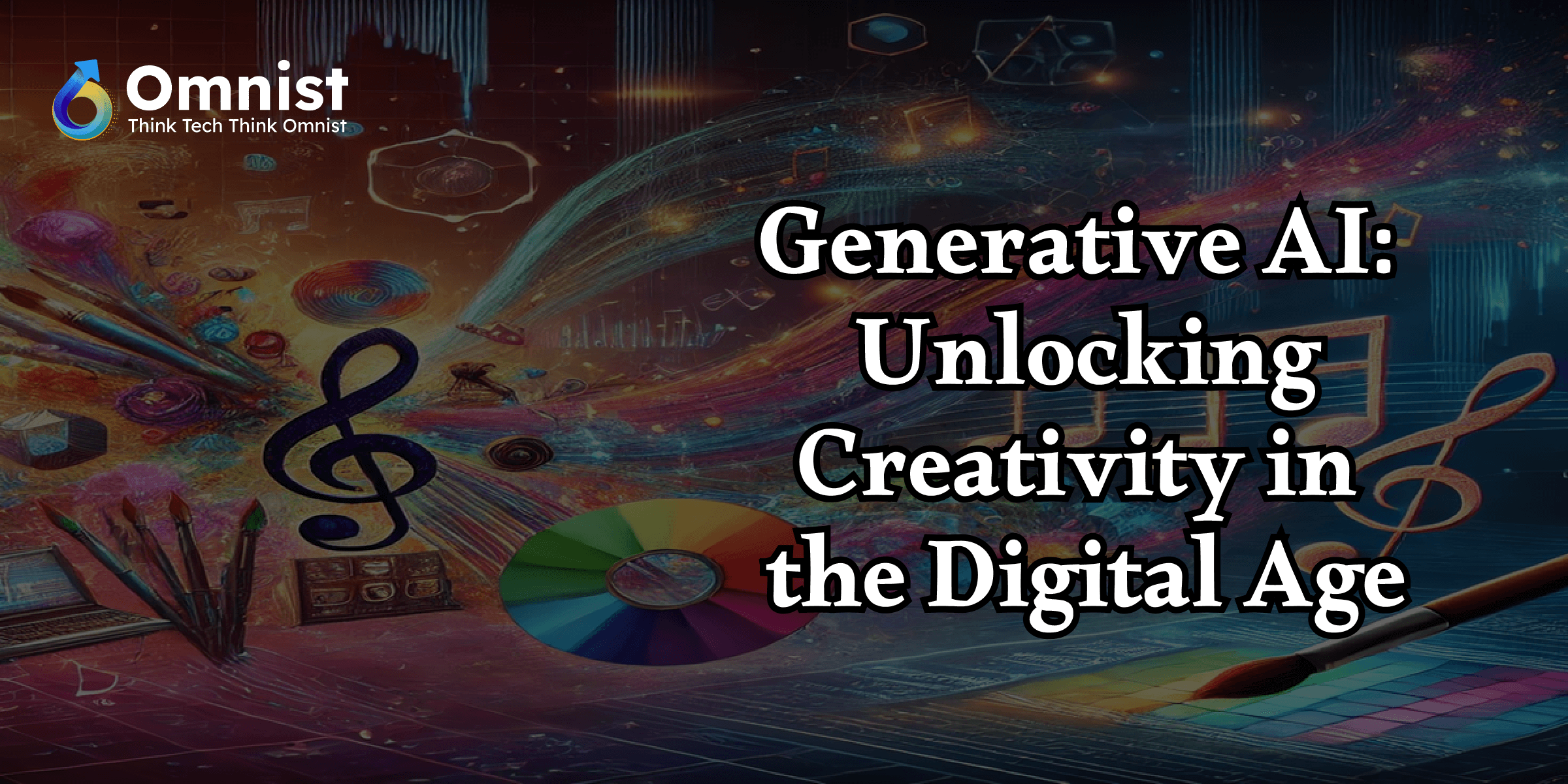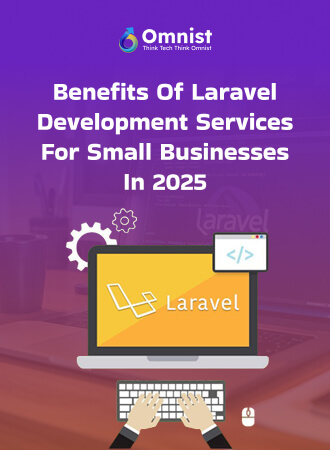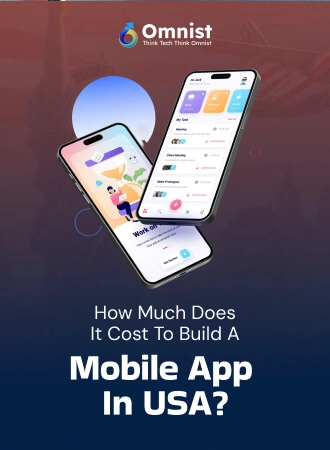Artificial Intelligence 27 Jan, 2025
Generative AI: Unlocking Creativity in the Digital Age

Generative AI, a ground-breaking subset of artificial intelligence, is transforming how we think about creativity, design, and innovation. From crafting stunning visual art to composing symphonies and writing code, generative AI systems are reshaping industries and empowering individuals to achieve remarkable feats.
What is Generative AI?
Generative AI refers to systems designed to create content—whether text, images, music, or even 3D models—by learning patterns and features from a given dataset. Unlike traditional AI models that primarily analyze or classify data, generative AI focuses on content creation, often employing advanced architectures like Generative Adversarial Networks (GANs) and Variational Autoencoders (VAEs).
Key Technologies behind Generative AI
- Generative Adversarial Networks (GANs): GANs consist of two neural networks: a generator & a discriminator. The generator creates content, while the discriminator evaluates its quality. This adversarial process improves the generated outputs over time.
- Variational Autoencoders (VAEs): VAEs learn to encode input data into a latent space and then decode it back into new, similar content. This approach is widely used for generating images and 3D models.
- Transformers: Transformer models, such as OpenAI’s GPT and Google’s BERT, excel at natural language processing tasks and have been pivotal in creating human-like text and dialogue systems.
Applications of Generative AI
Generative AI is leaving its mark across various fields:
- Art and Design:
Artists use tools like DALL-E and MidJourney to create compelling visuals, while designers leverage AI to prototype and iterate on ideas rapidly.
- Content Creation:
AI models like ChatGPT assist in writing articles, scripts, and even entire books, democratizing access to creative writing tools.
- Gaming:
Procedural content generation in games, such as terrains or character designs, is significantly enhanced by generative AI.
- Healthcare:
Generative models predict protein structures and design drugs, accelerating research and development processes.
- Fashion:
AI-driven tools enable fashion designers to visualize new styles and customize products for individual consumers.
Challenges and Ethical Considerations
While generative AI offers immense potential, it also raises concerns:
- Misinformation: Generative AI can create deepfakes or misleading content, posing threats to information authenticity.
- Copyright Issues: Training models on copyrighted material without consent raises ethical and legal questions.
- Bias and Fairness: Models can unintentionally reinforce societal biases present in training datasets.
- Resource Intensity: Training and deploying generative AI models require significant computational resources, impacting sustainability.
Best Practices for Using Generative AI
To harness generative AI responsibly:
- Understand the Tools: Familiarize yourself with model capabilities and limitations to set realistic expectations.
- Ensure Ethical Usage: Use AI-generated content transparently and respect intellectual property laws.
- Monitor Outputs: Regularly evaluate AI outputs to avoid perpetuating biases or generating harmful content.
- Optimize Resources: Use pre-trained models and efficient algorithms to minimize computational costs and environmental impact.
The Future of Generative AI
Generative AI is poised to become a cornerstone of innovation, enabling breakthroughs in personalized experiences, automated workflows, and creative collaborations. As researchers refine these systems and address ethical challenges, generative AI will continue to blur the lines between human and machine creativity.
Conclusion
Generative AI is not just a technological marvel; it is a catalyst for amplifying human potential. By harnessing its mechanisms, applications, and addressing challenges, businesses can unlock limitless opportunities. At Omnist Techhub Solutions, we specialize in integrating generative AI into tailored strategies, empowering you to innovate, drive creativity, and shape a more inclusive and forward-thinking future.
 }})
 }})






